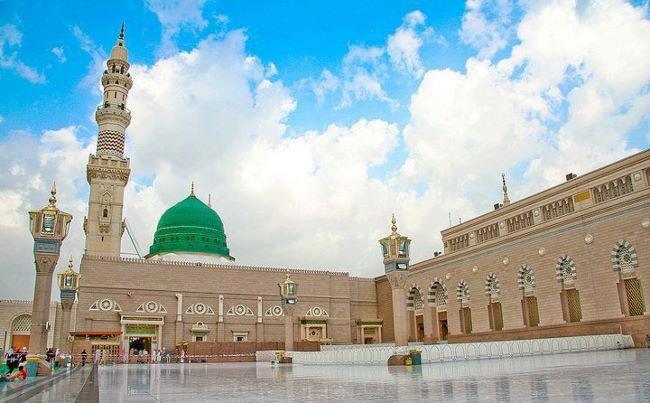How did the Prophet deal with cases of apostasy in Medinah?

Jabir Ibn Abdullah narrated that a Bedouin once pledged his allegiance to the Messenger of God (peace and blessings be upon him) and embraced Islam. The Bedouin caught a fever whereupon he told the Prophet (peace and blessings be upon him): "Cancel my Pledge." But the Prophet (peace and blessings be upon him) refused. The Bedouin repeated his request and again the Prophet (peace and blessings be upon him) refused. After the Bedouin had later left Medina, the Messenger of God (peace and blessings be upon him) said, "Medina is like a pair of bellows (furnace): It expels its impurities and clears and shines its good." It was reported that the Prophet (peace and blessings be upon him) pardoned the Bedouin and did order that he be killed.
2- Anas (may God be pleased with him) said: “There was a Christian who embraced Islam and read Surah Al-Baqarah and Al-Imran and used to write (the revelations) for the Prophet. The man later apostatized and returned to Christianity. He would said, ‘Muhammad knows nothing but what I have written for him." Then he died. On the morning after his burial, the people found that the earth had expelled his body. They said, ‘This is the doing of Muhammad and his Companions. They dug out the grave of our companion and removed his body because he left them." So they dug a deep grave and buried him but once more the earth expelled his body. They said, ‘This is the doing of Muhammad and his Companions. They dug out the grave of our companion and removed his body because he left them.’ They again dug a grave for him, as deep as they could, but in the morning they once again found his body expelled from the grave. They finally believed that what had befallen him was the doing of humans and had to leave him without burial.” This unfortunate man was a Christian from Banu Al-Najjar who had embraced Islam and read the Quran and was one of the disciples of the Prophet (peace and blessings be upon him). He not only apostatized but spread rumors about the noble Prophet (peace and blessings be upon him) saying that he did not know anything except for what he wrote for him. The narration does not mention whether or not the Prophet (peace and blessings be upon him) ordered that he be killed. The fact that he read Surah Al-Baqarah and Al-Imran shows that he remained a Muslim for a while and that his decision to apostatize came years after the migration from Mecca to Medina.
3- The Quran speaks of a group of Jews who wavered between Islam and atheism to instill doubt in the hearts of Muslims and drive them away from the religion of Islam. Thereupon God the Almighty revealed the verse: “And a faction of the People of the Scripture say [to each other], "Believe in that which was revealed to the believers at the beginning of the day and reject it at its end that perhaps they will abandon their religion” [3: 72].
This wave of apostasy hit Medina while the Prophet (peace and blessings be upon him) was the ruler yet there is nothing to suggest that he imposed punishment on these apostates who attempted to repel Muslims from their religion.
 Arabic
Arabic French
French Deutsch
Deutsch Urdu
Urdu Pashto
Pashto Swahili
Swahili Hausa
Hausa
